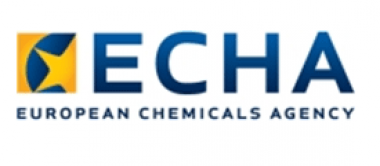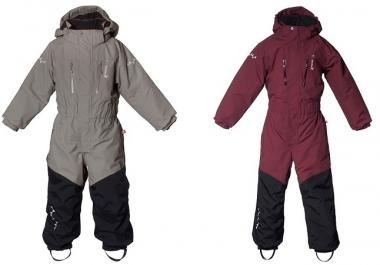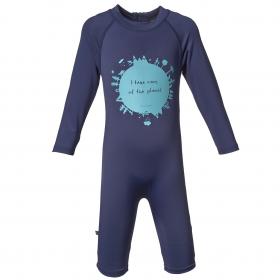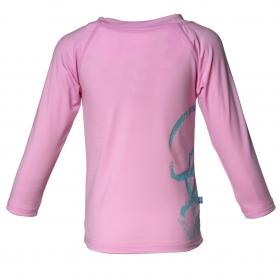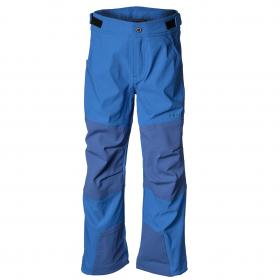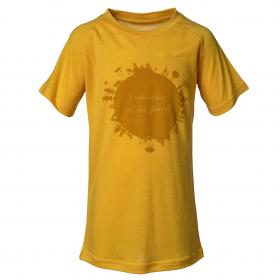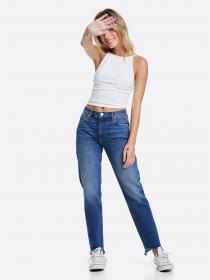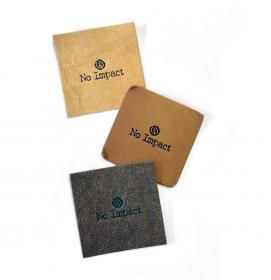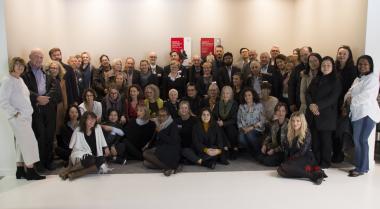SEEK presents new projects and innovations on 16 and 17 January 2024
There are only a few days left until the SEEK community comes together at the Station Berlin on 16 and 17 January 2024. The team around SEEK's Show Director Marie-Luise Patzelt is looking forward to welcome around 200 brands, speakers such as Jessica Arnold (Adidas), Sebastian Haufellner (Lodenfrey), Yannik Dietrich (Breuninger), Martyna Zastawna (Vogue), numerous game changers from the sustainability scene and new fashion and lifestyle inspirations.
The new alliance between SEEK and UNION Showroom presents its joint project "THE JUNCTION" for the first time. A selection of high-quality brands with a focus on craftsmanship, origin, and history will be presented in Station Berlin's exclusive loft spaces, includes brands such as A New Sweden, Bruné, Freenote Cloth, Fullcount, Godspeed, Good-Alls, Hidden Aces, Nudie Jeans, Oodoo Boots, Paltò, Viberg, White Sand, and Tenue. THE JUNCTION starts simultaneously with UNION on 14.01.24 and ends with SEEK on 17.01.24.
The SEEK brand portfolio currently encompasses almost 200 brands, including 46 % conscious brands and 45 % newcomers. Buyers and visitors can look forward to brands such as Aer Scents, Bask in the Sun, Chrome, Danner, Dedicated, Givn Berlin, Hestra, Kangaroos, Novesta, Palladium, Pyrenex, Santa Cruz Skateboards, Welter Shelter and Woodbird. Newcomers include Afoam Stories, A Good Company, Dale Of Norway, Good Wool Story, Heimat, Hen's Teeth, Open Era, Pompeii, The Jogg Concept, Wax London and many more.
The SEEK Conscious Club forms the heart of the January edition and is developing into the "place to be" of the sustainability scene. Purpose-driven business practices, systematic sustainability and practical standards will become even more crucial in 2024. With this in mind, the SEEK team introduces the innovative "360 Sustainability Validation" with its partners IVALO.COM and studio MM04. The "360 Sustainability Validation" - powered by IVALO.COM and consulted by studio MM04. Customers can see brand sustainability in 8 different sustainability categories. 360 is a commercial production value chain analysis tool that provides results that are comparable. The aim is to make the complex sub-areas of sustainability in fashion more transparent and comparable. The SEEK team has been working with the sustainability experts at studio MM04 for a long time and is delighted to be part of this important step towards standardising sustainability evaluations. Participating brands in this years Conscious Club are Basic Apparel, Bread & Boxers, Cabaia, Camper, Dawn Denim, Flamingos Life, Isaora, Jan'n June, Kings of Indigo, Rita Row, Secrid, Stapf and Thinking Mu, amongst others.
Together with renowned experts, SEEK is once again presenting a content programme with live interviews, talks, panels and community classes. Speakers such as Carl Tillessen (Deutsches Mode Institut), Steffen Liese (JD Sports), Stephan Huber (Style in Progress), Penny Whitelaw (Good on You), Mimi Sewalski (Avocadostore), Valerie Vogel (Engelhorn), Cheryll Mühlen (J'N'C), Rune Orloff (Pool), Sabine Rogg (Trendbüro), Anthony Lui (A New Sweden), Patrick Bergmann (Famefact), Florian Müller (Müller PR & Consulting) will share their insights exclusively with the SEEK community. The diverse programme includes themes such as pricing and profiling success strategies in times of disruption, a "no-bullshit" guide for brand spaces, the most important LinkedIn and consumer trends for 2024, new chances for recruiting and leadership as well as mental health in fashion.
Premium Exhibitions GmbH









